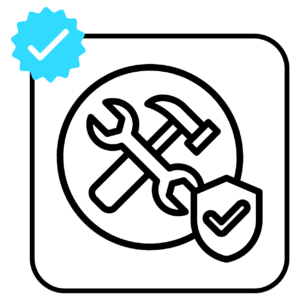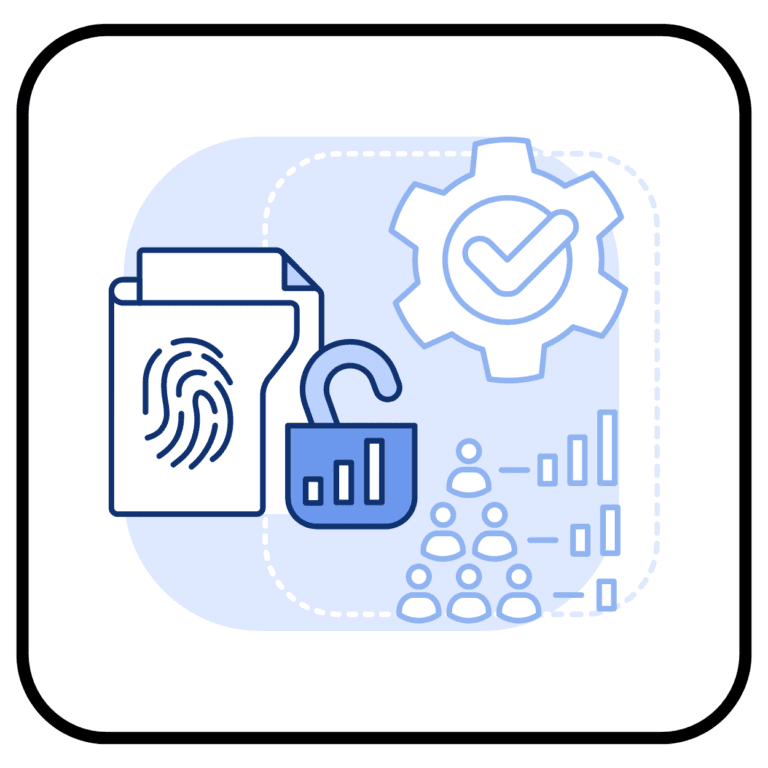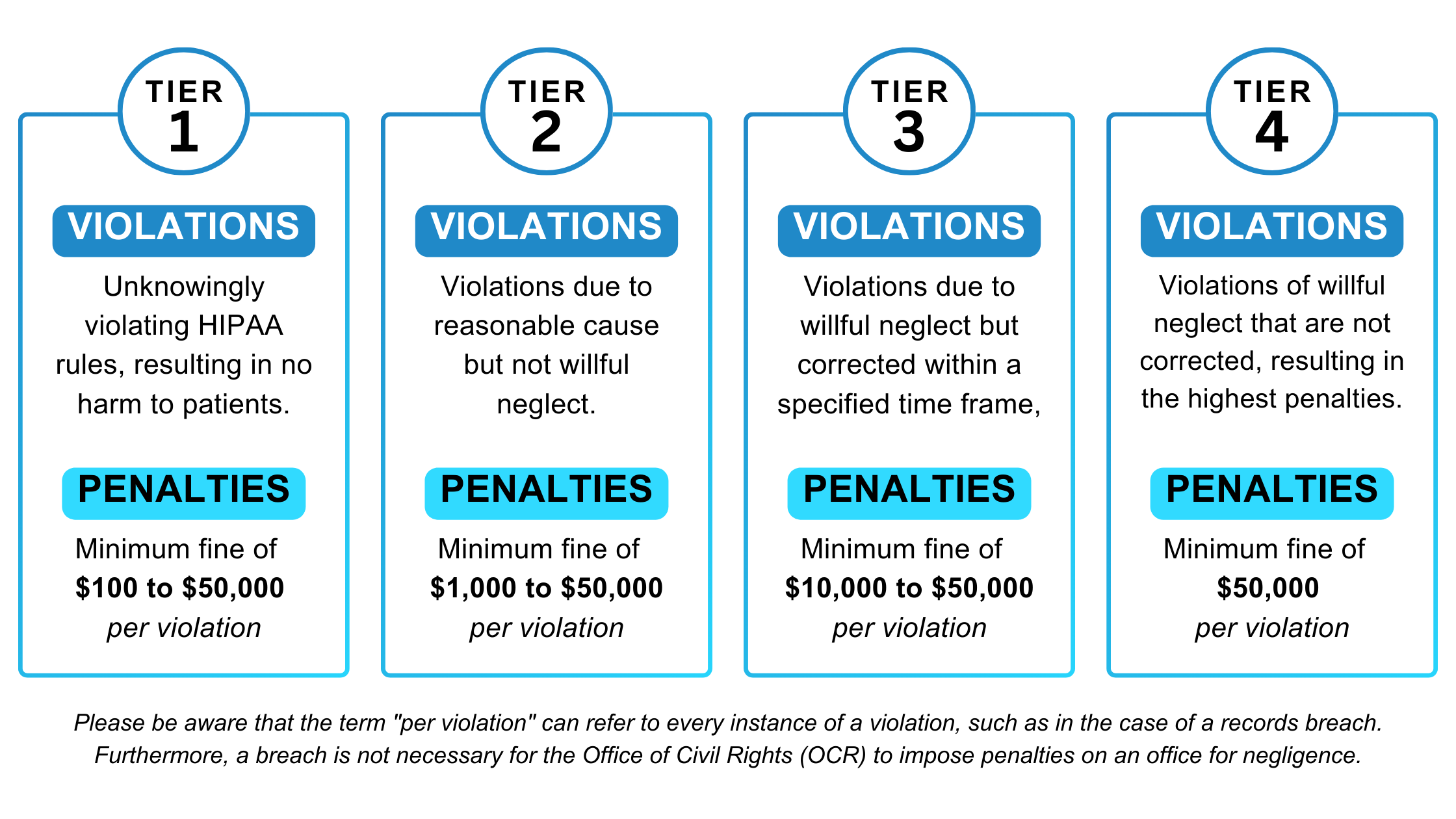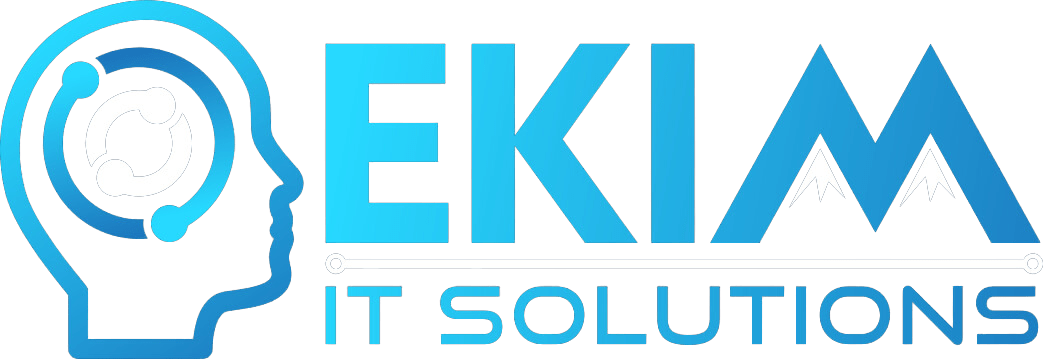Safeguard Your Practice & Patients:
A Guide to HIPAA Compliance for Dentists
Insufficient knowledge may lead to financial setbacks, compromise patient data security, and tarnish your reputation.
Commonly dental practices face increasing challenges in maintaining the security and privacy of patient data. HIPAA compliance is not just a legal requirement but also a crucial aspect of protecting sensitive information and maintaining trust with patients. In this comprehensive guide, we’ll explore the key aspects of ensuring HIPAA compliance for dental practices, covering laws, guidelines, penalties, and proactive measures to safeguard your practice.
At Ekim IT Solutions, our focus extends beyond just maintaining your current technology and ensuring smooth office operations. We also make it a priority to stay updated on the latest advancements in the tech industry while delivering top-notch service. Here’s what to expect:




Comprehensive services covering the design, installation, and maintenance of your dental office’s technology.
Prioritization of protecting your business and patient data.
Consistently reliable IT service and support tailored to your practice’s needs.
Assurance that your office is properly secured and compliant with healthcare regulations such as HHS, HIPAA, and HiTech Rules.
Beyond Legal Obligations: Why Should Dental Practices Prioritize Compliance?
Ensuring that dental practices comply with HIPAA is vital to safeguard patient confidentiality, maintain ethical standards, and prevent legal consequences. Given the escalating cyber threats and data breaches, non-compliance can lead to significant financial penalties and damage to reputation. Recognizing the importance of adhering to HIPAA sets the stage for secure and ethically sound practice management.
HIPAA, or the Health Insurance Portability and Accountability Act, establishes national standards for the protection of sensitive patient health information. For dental practices, compliance with HIPAA regulations is mandatory to ensure the confidentiality, integrity, and availability of patient data. Failure to adhere to HIPAA guidelines can result in severe penalties and sanctions.
Compliance Made Simple: The 5 Key Rules for Dental Practices

Rule #1: HIPAA Security Rule 45 C.F.R. § 164.308 (a)(5)(ii)(B) specifically requires updated patches on all systems.
HIPAA Security Action: Ensures updated patches on all systems to mitigate vulnerabilities and protect against cyber threats. Practices must keep hardware and software up to date with the latest security patches to maintain compliance.

Rule #2: HIPAA Security Rule 45 C.F.R. § 164.308(a)(7)(ii)(A) Data Backup Plan, 164.308(a)(7)(ii)(B) Disaster Recovery Plan, 164.308(a)(7)(ii)(C) Emergency Mode Operation Plan.
Data Backup and Disaster Recovery Plan: Requires dental practices to implement robust data backup and disaster recovery strategies to safeguard against data loss and ensure business continuity in the event of a catastrophe or cyberattack.

Rule #3: HIPAA Security Rule 45 C.F.R. § 164.312(b) (also known as HIPAA logging requirements) requires Covered Entities and Business Associates to have audit controls in place.
Access Controls and Audit Trails: Mandates the implementation of access controls and audit trails to monitor and track access to protected health information (PHI), thereby enhancing data security and accountability.
Note: This can only be achieved through the use of managed firewalls, managed antivirus software, activity logs, and a domain controller

Rule #4: HIPAA Security Rule 45 C.F.R. § 164.312(c) Workstation security. Implement physical safeguards for all workstations that access electronic protected health information, to restrict access to authorized users.
Workstation Security: Enforces physical safeguards for all workstations accessing electronic PHI, preventing unauthorized access and ensuring the confidentiality of patient data.

Rule #5: HIPAA Security Rule 45 C.F.R. § 164.312(c)(i) Disposal (Required). Implement policies and procedures to address the final disposition of electronic protected health information, and/or the hardware or electronic media on which it is stored.
Electronic Waste Disposal: Requires proper disposal of electronic devices containing PHI to prevent unauthorized access or data breaches. Practices must adhere to environmentally friendly and HIPAA-compliant disposal protocols to mitigate risks.
What Compliance Mistakes Could Cost Your Dental Practice?

HIPAA violations are categorized into four tiers, each associated with escalating penalties based on the severity of the offense. From inadequate data safeguards to unauthorized disclosure of PHI, violations can result in substantial fines and legal consequences for dental practices.
The Price of Neglect: What Happens If Your Dental Practice Isn't Compliant?
Failure to comply with HIPAA regulations can lead to extensive consequences for dental practices, such as financial penalties, damage to reputation, and loss of patient trust. A solitary data breach or violation of compliance could stain a practice’s reputation and threaten its sustainability in the long run.
Picture this: A dental practice neglected to update its software, leaving its systems vulnerable to cyberattacks. Hackers exploited this vulnerability, gaining access to patient records. This breach resulted in regulatory fines and damaged the practice’s reputation, causing patients to lose trust. Despite the oversight being unintentional, the practice suffered significant consequences due to its lack of security measures.
Maintaining financial stability and preserving reputation is crucial for dental practices. Avoid risking both by ensuring compliance and knowledge. At Ekim IT Solutions, we assess your dental practice’s adherence to HIPAA best practices and security standards with our free consultation.
How Can You Lock Down Your Dental Clinic's Defenses?
To mitigate risks and ensure HIPAA compliance, dental practices can take proactive measures to enhance security and data protection. Partnering with experienced IT service providers like Ekim IT Solutions can provide comprehensive solutions tailored to the unique needs of Maine’s dental offices.
HIPAA compliance is not just a legal obligation but a critical aspect of maintaining trust, integrity, and security within dental practices. By understanding the laws, guidelines, and consequences of non-compliance, practices can prioritize data security and patient confidentiality while safeguarding their reputation and financial stability.
I hope you have found this information useful. If you have any questions, please do not hesitate to contact us at (207) 333-2206 or contact@ekimit.com. We are also pleased to offer you a free evaluation of your office to determine if it is compliant and operating efficiently and profitably.
At Ekim IT Solutions, our goal is to prevent IT Issues before they even happen, keeping your business profitable and successful.

